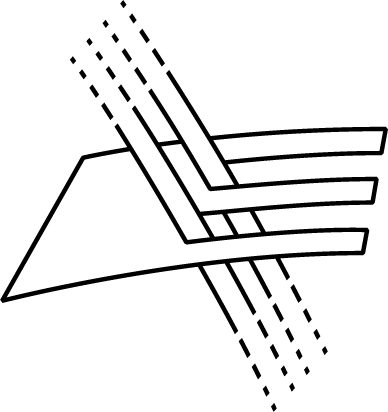»
Access denied
You do not have permission to access this area.
Possible reasons for this are:
- You are currently not logged in to the site, to get proper access create a new user or login with an existing user.
- You misspelled some parts of your URL, try changing it.

